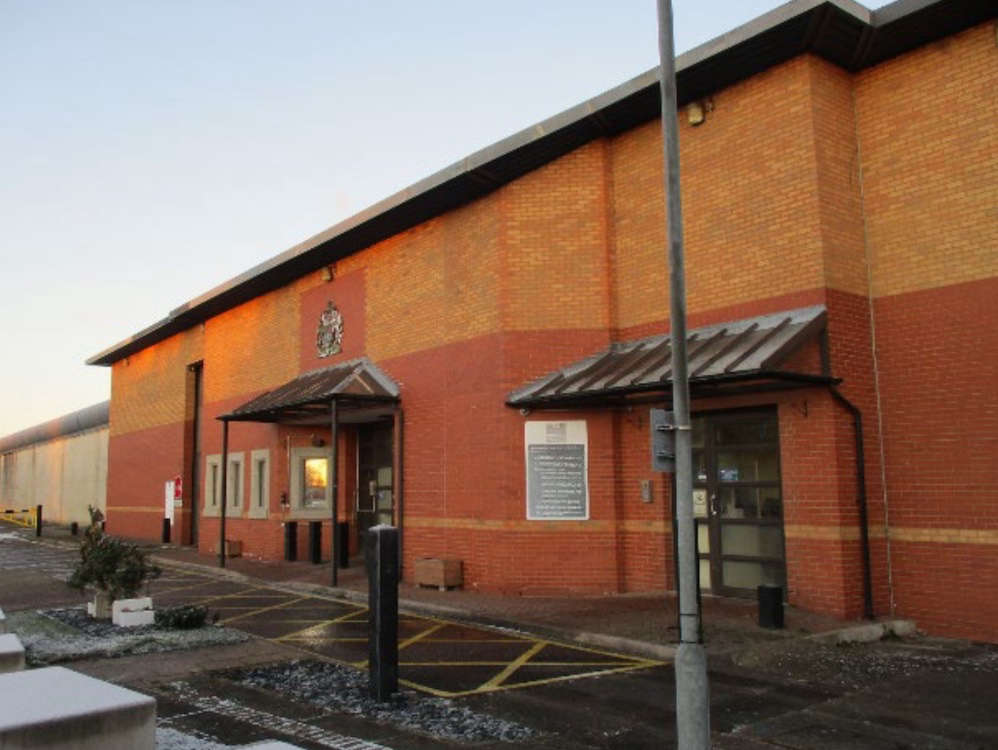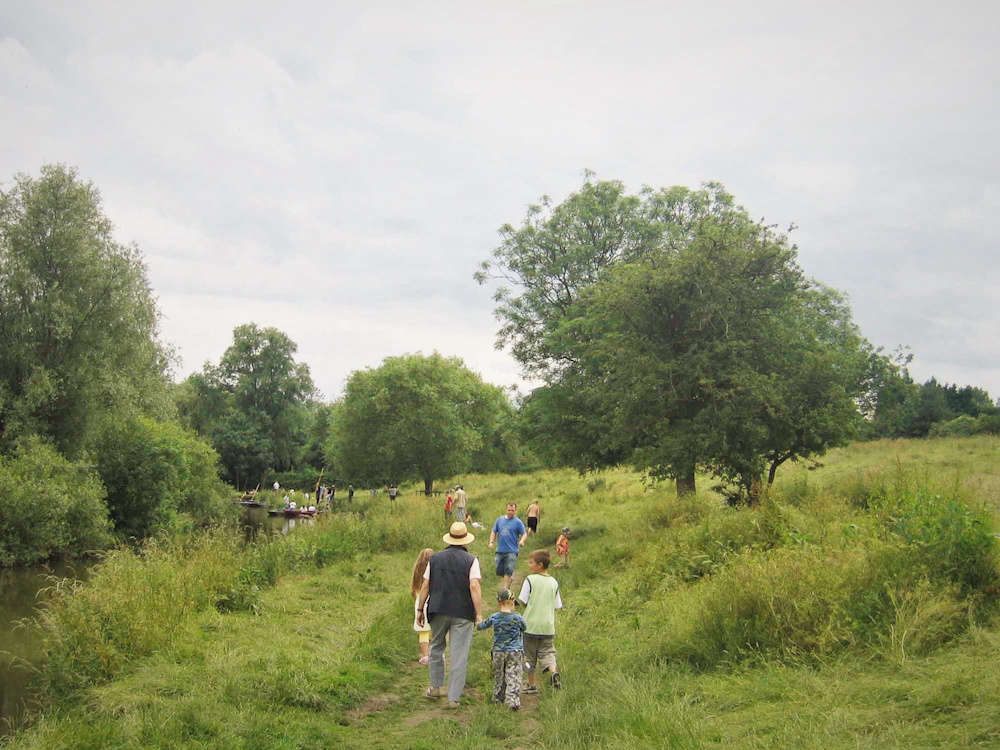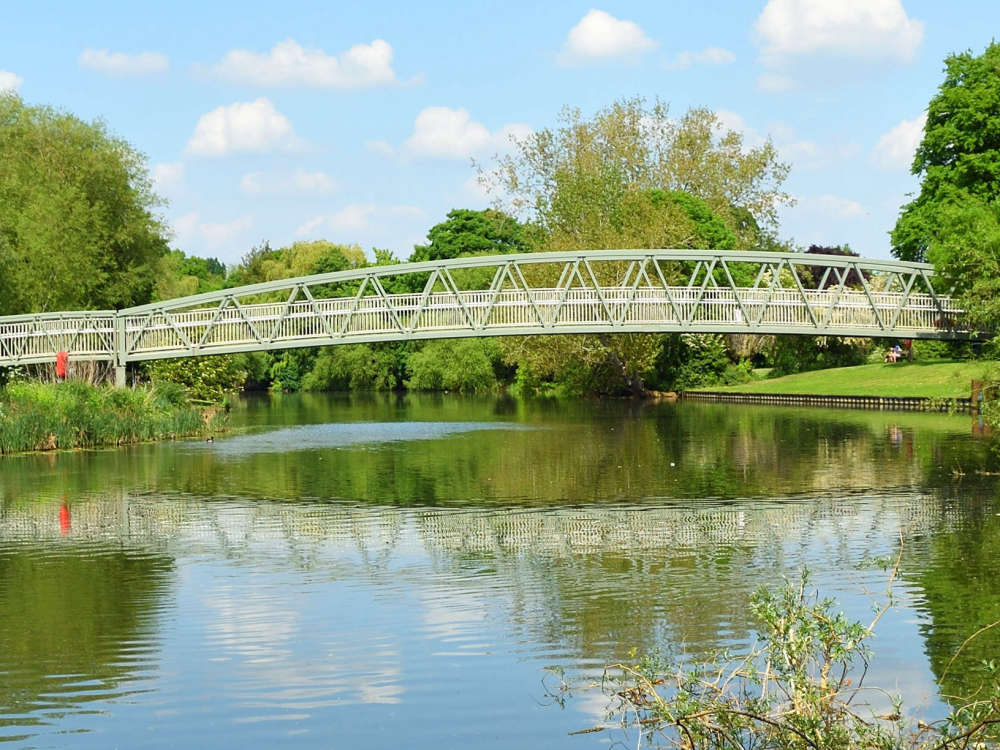
A new report by HM Inspectorate of Prisons says the maximum security prison is "effectively discharging its duty to keep dangerous criminals behind bars, but is missing important opportunities to support prisoners in reducing their future risk of harm."
HMP Whitemoor near March holds men serving long or indeterminate sentences and considered to pose a significant risk of harm to the public. The populations of high security prisons tend to be more stable than those where prisoners are serving shorter sentences, and there should therefore be ample opportunity for prison staff to build effective relationships with prisoners, supporting their longer-term reduction of risk. This was not evident according to the report.
At Whitemoor, far fewer prisoners said staff treated them with respect than in other comparable prisons, and two-thirds said they had experienced some form of victimisation from staff.
Key working, where a named member of staff meets regularly with a prisoner to support them through their time in custody, was not well used, and the prison had very poor regimes with too few prisoners taking part in interventions to reduce their risk, or education or employment to occupy their time meaningfully. At Whitemoor, an overcomplicated regime often led to activities or attendance at education being cancelled.
Men spent most of their time locked alone in their cells and described a sense of hopelessness.
The physical condition of the prison also needs urgent attention. Whitemoor was described as being "the dirtiest prison the Chief Inspector has seen, with what appeared to be a blood stain uncleaned for several days of the inspection, serveries left uncleaned overnight and overflowing rubbish."
Charlie Taylor said: “Nobody should be held in the squalid conditions that we saw...
"The way a prison is maintained sends a strong signal about its general healthiness.
"I hope that the institution will use our inspection findings as the opportunity to reflect and hit reset.”


 Cambridge business targeted by raiders twice in 24 hours
Cambridge business targeted by raiders twice in 24 hours
 Grantchester Meadows to enjoy bright future
Grantchester Meadows to enjoy bright future
 Flying Scotsman returns to Cambridgeshire
Flying Scotsman returns to Cambridgeshire
 Man found stabbed in St Neots car park
Man found stabbed in St Neots car park


